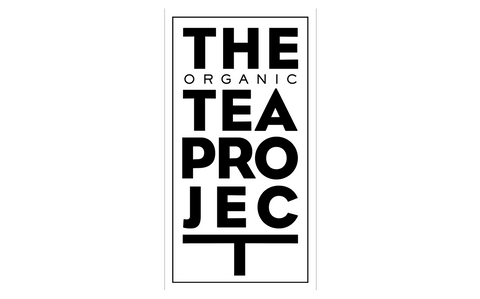Artificial Flavouring in Tea: The Great Pretend Game

Tea is one of the most beloved beverages in the world, with its countless varieties, flavours, and health benefits. However, in recent years, there has been a rise in the use of artificial flavouring in tea. This trend is concerning to many tea enthusiasts, including myself. Why would we want to ruin the natural, delicate flavour notes of tea with chemical additives?
Think of wine, for example. The flavour of wine comes from the region where the grapes are grown, the type of soil, and the amount of rain the vineyard receives. Would we add artificial flavours to wine to change its taste? Of course not! We appreciate the subtle flavour profile of each wine and recognise that it is an expression of its unique terroir.
The same goes for tea. Tea leaves have natural oils and subtle flavour notes that are influenced by the region in which they are grown, the elevation, the climate, and the soil. Even the slightest difference in these factors can lead to a notable change in flavour. For example, the famous Darjeeling tea has a unique musky, floral aroma due to the unique combination of soil, climate, and elevation of the Darjeeling hills.
Adding artificial flavouring to tea is not only unnecessary but also takes away from the natural experience of enjoying tea. Instead of masking the natural flavour of tea, we should appreciate the nuances and subtleties of each cup. By doing so, we can truly appreciate the craftsmanship of the tea maker and the uniqueness of the tea leaves.
So let's put an end to the great pretend game of artificial flavouring in tea and appreciate the natural flavours and aromas that tea has to offer.

